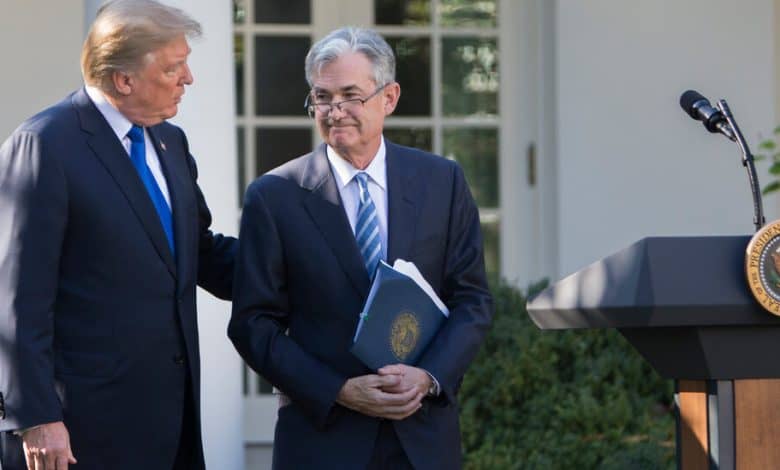What Trump 2.0 Could Mean for the Federal Reserve

Former President Donald J. Trump relentlessly criticized the Federal Reserve and Jerome H. Powell, its chair, during his time in office. As he competes with President Biden for a second presidential term, that history has many on Wall Street wondering: What would a Trump victory mean for America’s central bank?
The Trump campaign does not have detailed plans for the Fed yet, several people in its orbit said, but outside advisers have been more focused on the central bank and have been making suggestions — some minor, others extreme.
While some in Mr. Trump’s circles have floated the idea of trying to limit the Fed’s ability to set interest rates independent of the White House, others have pushed back hard on that idea, and people close to the campaign said they thought such a drastic effort was unlikely. Curbing the central bank’s ability to set interest rates without direct White House influence would be legally and politically tricky, and tinkering with the Fed so overtly could roil the very stock markets that Mr. Trump has frequently used as a yardstick for his success.
But other aspects of Fed policy could end up squarely in Mr. Trump’s sights, both former administration officials and conservative policy thinkers have indicated.
Mr. Trump is poised to once again use public criticism to try to pressure the Fed. If elected, he would also have a chance to appoint a new Fed chair in 2026, and he has already made it clear in public comments that he plans to replace Mr. Powell, whom he elevated to the job before President Biden reappointed him.
“There will be a lot of rhetorical devices thrown at the Fed,” predicted Joseph A. LaVorgna, the chief economist at SMBC Nikko Securities America, an informal adviser to the Trump campaign and the chief economist of the National Economic Council during Mr. Trump’s administration.